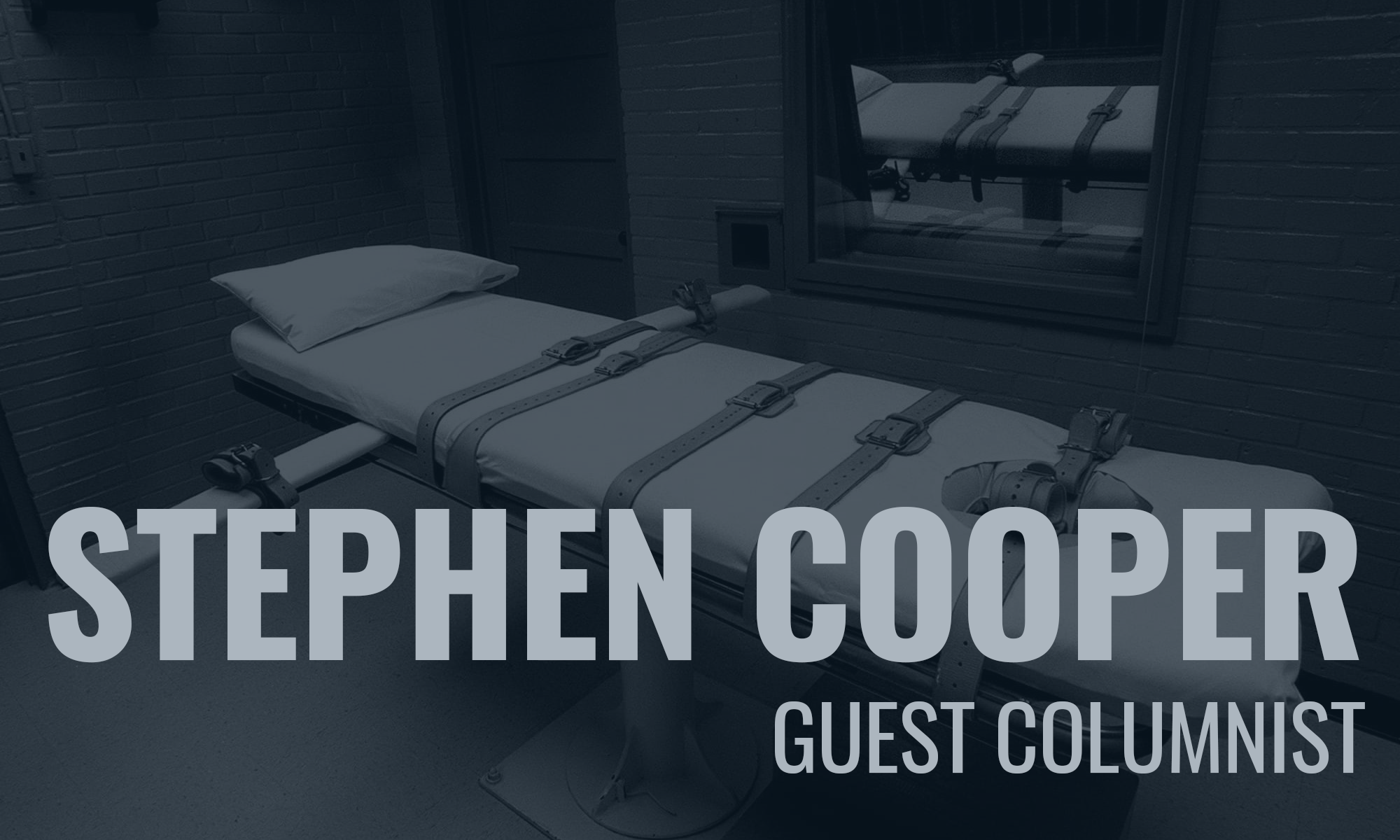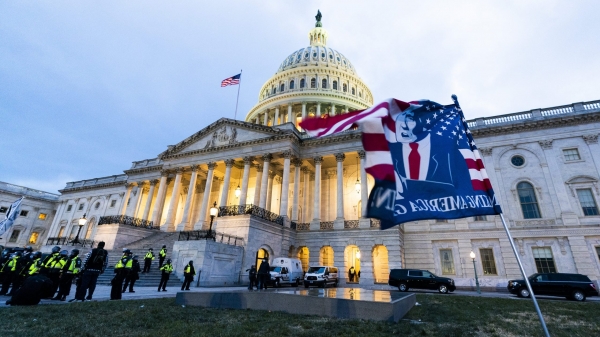Continuing its odious tradition of ducking and dodging transparency and accountability in how the state puts its prisoners to death – (purportedly) in the name of the people – the beleaguered Alabama Office of the Attorney General has asserted in a new convoluted, churlish, and utterly cockamamie federal court filing: “[W]hile this Court found that there exists a public interest in understanding how Alabama carries out its lethal-injection procedure, there is a greater public interest at stake here: The State’s ability to carry out its lawful functions.”
What these public servants are circularly and asininely asserting is: although they appreciate – in the wake of Alabama’srecent history of botched executions – that it’s critically important for citizens to know exactly how the killing of death row inmates occurs (again, in their name and with their tacit approval), that “there is a [still] greater public interest” in the state being able to carry on the killing, period; yes, as mind-boggling as it sounds it also is: state officials are arguing that even if their so far secret (and as they concede “zealously guarded”) lethal injection protocol may be responsible for torturous executions, it’s nevertheless still more important that state executioners be allowed to continue with business as usual – which here, means killing and likely torturing other human beings to death – while releasing only the most minimal information about how it’s done. You don’t need me to tell you, but as it is sometimes said, particularly down South: that makes as much sense as teats on a bull.
In a column titled “Is Alabama hiding that it tortured its citizens?,” published in the Montgomery Advertiser in May of last year, I urged Alabamians – while also “inviting all conscientious, justice-loving Americans and citizens of the world to join, too” – to “[d]emand that authorities in Alabama be honest and transparent about executions.” Today I’m sounding the horn for reason, for humanity, and for accountability again; I’m arguing for the need of the electorate to be able to ensure that their will, their vote, their system of justice, is not complicit in despicable torture.
Supreme Court Justice Louis Brandeis famously opined that “[p]ublicity is justly commended as a remedy for social and industrial diseases,” as “[s]unlight is said to be the best of disinfectants”; likewise, complete and unfettered public disclosure of Alabama’s lethal injection protocol to the press and public is the best medicine for the state’s chronic dissembling-and-disinformation disease afflicting its increasingly disturbing, and dysfunctional administration of the death penalty.
Lecturing on capital punishment in February of 2000, the late Jacques Derrida, often recognized as one of the most influential philosophers of the twentieth century, argued that to have a discourse on the death penalty in “good conscience” that “one must do at least everything one can to come as close as possible, in one’s body” – and I would add here, in one’s mind and soul, too – “to those for whom the death penalty is the death penalty, effectively, [and] in an effective way, concretely[.]”
Only then, Derrida argued, will people who “will never be or believe they will never be executioners carrying out the sentence, or sentenced to death, or even the defense attorneys or prosecutors of those sentenced to death, or the governors…who wield the right of pardon,” be able to truly understand, appreciate, and have a fair and honest debate about capital punishment.
Aren’t Alabamians entitled to that? And if not, isn’t it high time for a change? I’m asking you.
About the Author: Stephen Cooper is a former D.C. public defender who worked as an assistant federal public defender in Alabama between 2012 and 2015. He has contributed to numerous magazines and newspapers in the United States and overseas. He writes full-time and lives in Woodland Hills, California. Follow him on Twitter @SteveCooperEsq.





















































